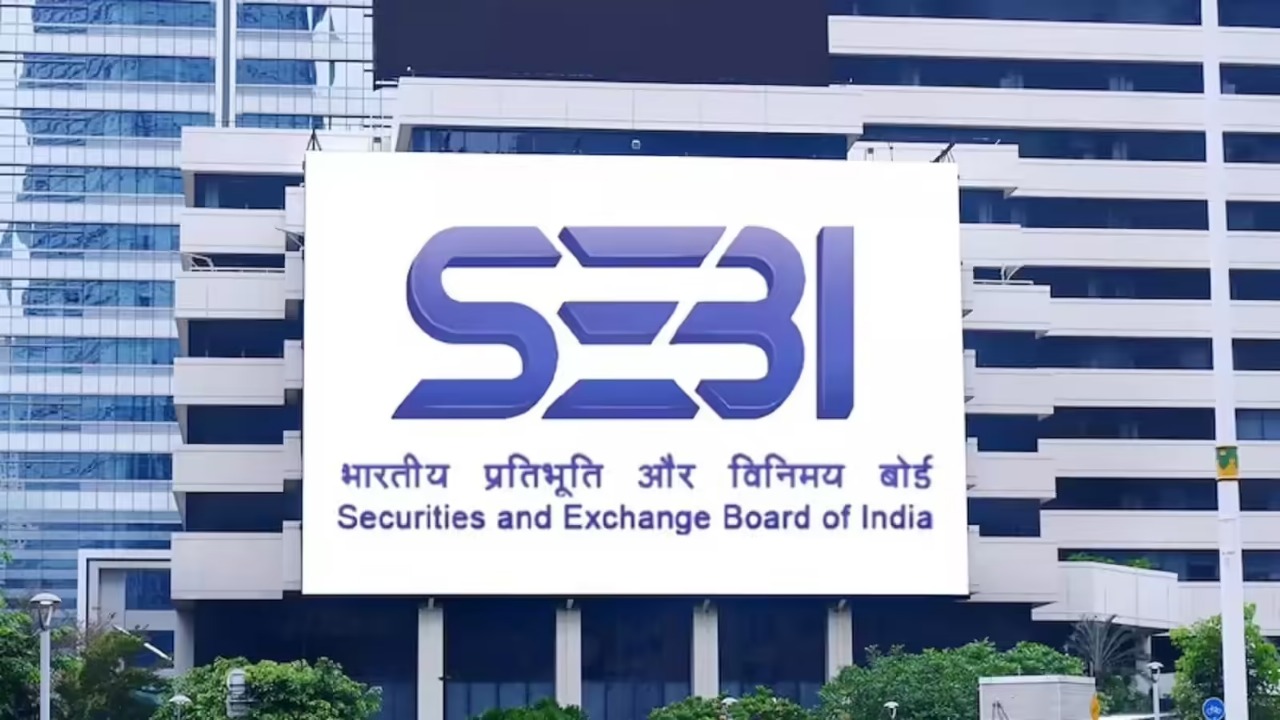 Image Source : ET Government
Image Source : ET Government
Regulatory Overhaul to Boost Capital Flow into Infrastructure and Real Estate
In a major policy proposal unveiled on August 1, 2025, the Securities and Exchange Board of India (SEBI) has recommended sweeping changes to the strategic investor framework for Real Estate Investment Trusts (REITs) and Infrastructure Investment Trusts (InvITs). The move aims to broaden the investor base, enhance market liquidity, and attract long-term capital into India’s infrastructure and real estate sectors. The proposals are part of SEBI’s ongoing efforts to align domestic investment vehicles with global standards and improve ease of doing business.
Key Highlights from the Proposal
- Foreign investors may now qualify as strategic investors in REITs and InvITs
- SEBI proposes to amend the definition of strategic investor to include Overseas Investment Bodies (OIBs)
- Qualified Institutional Buyers (QIBs) such as mutual funds, pension funds, and insurance companies may also be eligible
- The proposed changes are open for public consultation and feedback until August 30, 2025
- Strategic investors will be allowed to participate in preferential allotments and anchor investments
Expanded Definition of Strategic Investor
SEBI’s proposal redefines who can be considered a strategic investor, significantly widening the scope.
- The current framework limits strategic investor eligibility to domestic entities with long-term capital commitments
- The new definition includes foreign entities such as sovereign wealth funds, pension funds, and OIBs
- QIBs, which were previously excluded from strategic investor status, may now be permitted to invest directly
- The revised criteria emphasize financial strength, long-term investment horizon, and alignment with trust objectives
Implications for REITs and InvITs Market
The proposed changes are expected to catalyze growth and deepen participation in India’s REITs and InvITs ecosystem.
- Increased foreign participation could improve liquidity and valuation transparency
- Strategic investors may bring global best practices in governance and asset management
- Enhanced capital inflow could accelerate infrastructure development and real estate monetization
- The move may also encourage more listings and broaden the scope of asset classes under REITs and InvITs
Investor Charter and Governance Enhancements
SEBI has also proposed the introduction of an Investor Charter to improve transparency and investor protection.
- The charter will outline rights, responsibilities, and grievance redressal mechanisms for REIT and InvIT investors
- Sponsors and managers will be required to disclose strategic investor commitments and exit timelines
- Enhanced disclosure norms will apply to preferential allotments and anchor placements
- SEBI aims to ensure that strategic investments do not compromise minority investor interests
Market Reaction and Industry Feedback
Initial reactions from market participants have been cautiously optimistic.
- Fund managers and investment bankers view the move as a step toward global integration
- Real estate developers and infrastructure sponsors expect improved access to long-term capital
- Some analysts have raised concerns about regulatory oversight and potential concentration risks
- Industry bodies such as AMFI and CII are expected to submit formal feedback during the consultation window
Conclusion: A Strategic Leap Toward Globalization of Indian Trust Markets
SEBI’s proposal to expand the definition of strategic investors in REITs and InvITs marks a pivotal moment in India’s capital market evolution. By inviting foreign and institutional players into the fold, the regulator is signaling its intent to globalize the trust-based investment landscape. If implemented, the changes could unlock billions in capital, strengthen governance, and position India as a preferred destination for infrastructure and real estate investments.
Source: CNBC-TV18
Advertisement
Advertisement





